Paradiso Canto 27
OVERVIEW
Francesco Vosilla is a professor with the Gonzaga-in-Florence program in Florence, Italy.
Questions for Reflection
- Canto 27 marks a turning point in the narrative. Dante has passed his examination on the theological virtues and he is now ready to step beyond the representations of heaven and begin to see things as they truly are. Given all of this, why is it significant that canto 27 opens with the “Gloria”—the hymn to the Trinity (27.1-2)? How does Dante’s “drunken” response to the beauty of their song echo the experience of the disciples at Pentecost?
- Dante sees the entire universe smile (27.4). How does this description of the universe correspond to the smiles of the blessed that we have encountered in Paradiso? How does this program of smiles differ from Inferno and Purgatorio?
- Why does St. Peter claim that his chair on earth is empty (27.22)? What does this mean for Dante’s understanding of the social situation of the Church?
- What is the great sin of the Church as Dante understands it (27.40-54)? How does this reinforce the importance of Dante’s poem? How does Peter deepen the significance of Dante’s poetic mission of writing the Comedy after returning from his journey (61-66)?
- Why does Dante look back over his journey (27.77-78)? Is this nostalgia or is it spiritually healthy remembering? How has his perspective changed from the beginning of the journey? Why invoke the figure of Ulysses here at the end of the poem (27.83)?
DETAILS
- Dr. Francesco Vosilla
- Gonzaga in Florence
- Run Time 9:46








